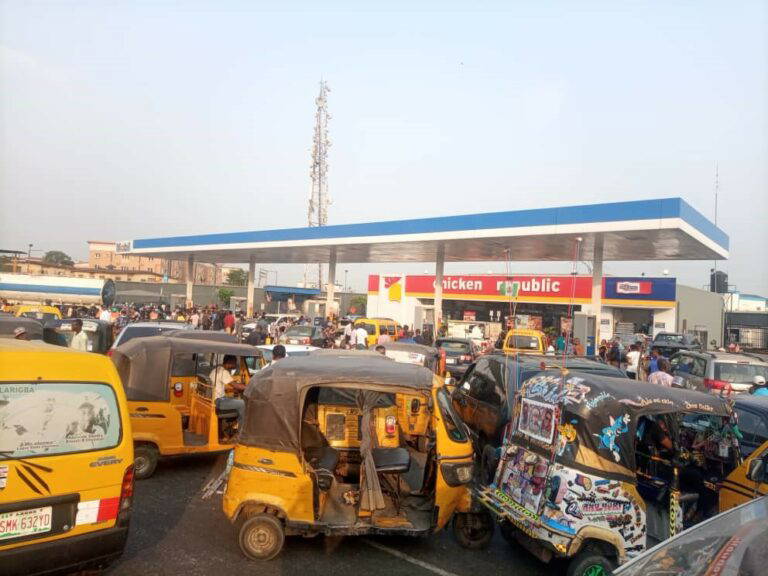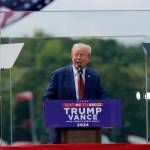The ongoing petrol scarcity in Nigeria has intensified, particularly in Lagos, Ogun, and other states, as independent marketers have started lifting the product from private depots at an increased price of N780 per liter, up from N595 per liter. This 31% hike has resulted in severe disruptions, with long queues reappearing at filling stations and significant increases in transport fares.
Chief Chinedu Ukadike, the Public Relations Officer of the Independent Petroleum Marketers Association of Nigeria (IPMAN), confirmed that the price hike reflects the current supply and demand dynamics in the market. Despite more trucks leaving depots recently, supply remains insufficient to meet demand.
In major cities like Lagos, independent marketers are selling petrol at prices ranging between N900 and N950 per liter, while hawkers are charging even higher, with prices reaching up to N1,500 per liter. This situation has forced transporters to drastically increase fares, with a trip from Ikorodu to Victoria Island in Lagos now costing about N6,000, compared to less than N2,000 before the shortage.
Transporters are also struggling with the high cost of diesel and vehicle maintenance, which has further compounded their challenges. Many drivers report spending entire days searching for fuel, only to face additional challenges like insecurity and extortion by officials on the roads.
The Nigerian National Petroleum Corporation Limited (NNPCL) has attributed the scarcity to external factors such as heavy rains, lightning, and thunderstorms, which have hindered the transportation of petroleum products across the country. However, there is widespread concern that the situation may continue to worsen, with depot prices expected to rise further.
In response to these challenges, the Petroleum and Natural Gas Senior Staff Association of Nigeria (PENGASSAN) has warned that Nigeria is on the path to becoming a failed state if it cannot meet its energy needs. PENGASSAN President, Engr. Festus Osifo, criticized recent government policies, such as the flotation of the Naira, for exacerbating the economic hardship facing Nigerians, leading to the current high prices of petrol and other commodities.
The ongoing crisis has created widespread anxiety among Nigerians, with many calling on the government to take urgent action to alleviate the situation.




